|
The following is based on personal experience - always check with your health professional for the latest treatments, advice and a diagnosis.
According to a BBC report Monday women with endometriosis are not getting an early diagnosis. Tell me something I do not know says One Woman. My endometriosis experiences were over a few years and ultimately date back to the 1990s and over almost 20 years. I probably had the condition much longer though. Diagnosis has always been slow but in 2017 the only excuse must be the cost and NHS cuts. So much is known of this condition than when I was told I had endometriosis. Endometriosis Endometriosis is quite a common female medical condition. It does not always cause fertility issues but often does, unfortunately. In the past, endometriosis was hard to diagnose. Many women who had difficulty conceiving just had to abandon all hope of ever having a family by natural birth. These days medical science has moved on so much that endometriosis can be easily identified, treat with some success and therefore allow natural child birth. So let's start with the obvious question-What is Endometriosis? When I was first diagnosed with this condition some years ago I had never heard of it. These days it is more commonly recognised and therefore public knowledge.
As with so many conditions getting the right diagnosis is the first step The signs and symptoms that you present with, when you first consult your Doctor, are a good starting point. So many of us know exactly what we want to tell our doctor but yet, when faced with him or her, fail to get our points across. Try jotting down what you want to ask and the symptoms you want to explain to your doctor, before your visit. This can also help you to feel in control of your appointment. Most family doctors will refer you to a gynaecologist if the symptoms you explain indicate a condition such as Endometriosis. This is not always the case though. Initially my doctor thought my menstrual problems were due to my thyroid condition. When I was finally diagnosed with endometriosis I read in the literature, that I was given, that the timescale for correct diagnosis was usually about seven years. In my case this was true. However, if fertility is your major concern time will be of the essence. In order to make a 100% accurate diagnosis a laparoscopy will be necessary This is a keyhole surgical procedure in which the gynaecologist will look at your uterus and the surrounding area to check for signs of Endometriosis. The naked eye can see the tell tale patches of endometrium. There may also be adhesions present. This procedure usually is carried out as day surgery. Too many doctors still think that a female patient is a baby if they claim to suffer from bad period pains. Even other women can make you feel like this. If they do not suffer from endometriosis it will be hard for them to believe you are in as much agony as you say that you are. Trust me, I believe you. If your symptoms continue, worsen or you are not happy with your doctor's initial diagnosis ask to be referred to a gynaecologist. Often such a specialist doctor will be able to confirm a diagnosis of endometriosis, quite quickly. Treatments available Your doctor should involve you all the way in deciding which course of treatment is appropriate for you. If you are still hoping to have a baby, obviously a hysterectomy would be inappropriate. These days a total hysterectomy is usually a last resort anyway. Some of the ways that Endometriosis can be treat are:-
Diet I tried diet changes when my Endometriosis was severe. I was not sure whether these changes would really help but thought it was the easiest course of action. I also figured losing some weight and improving my fitness would help prepare me for my surgery and the battle ahead. I cut out most dairy products, ate soy based desserts, margarine and milk, and consumed huge amounts of fresh fruit and vegetables. As I also have thyroid problems I had to be careful just what diet changes I made. However on the whole I did feel better in some ways. Heavy blood loss each month can lead to anaemia so plenty of iron rich greens may be beneficial. Research indicates that cutting back on processed and junk foods also helps. Additives and hydrogenated fats will not be good for you. Research the Internet in order to find the best diet for you. You not only need the best diet to fight your endometriosis but one that you will be able to stomach. You may need to give your diet a fair few tweaks in order to get the right balance. A vitamin supplement such as a vitamin B complex could also be beneficial. Hormone treatments The hormone treatments available do vary. I was given hormones in tablet form which made me moody, depressed, very cranky and bleed a little non-stop. Next I was tried on a monthly injection of Zoladex. This is injected into your belly and is the same injection used to treat prostate cancer in men. When administered to females it gives a temporary menopause with hot flashes and the like but thankfully no menstruation. The idea is that the patches of endometriosis will shrink. By the time I was receiving treatments I was well into my thirties and was not looking or hoping to become pregnant. You may be however. Hysterectomy These days hysterectomies are not performed on healthy women unless there are no other options. A partial hysterectomy will be the usual choice if one is needed. This usually leaves at least one ovary and prevents the onset of an early menopause. Microwave ablation Having read about such treatments I asked about this when I was first diagnosed with endometriosis. My consultant told me that the success rate was not good and the procedure was not, at that time, available for me where I lived. A few years down the road a microwave ablation is what I had, having been recommended this course of action by the same consultant. How times change. He did offer me the Mirena coil as a first choice but I declined. For me the microwave ablation did the trick. You need to bear in mind though that by then I was in my early fifties and the menopause should have been imminent. The procedure worked on the lining of my womb and the monthly bleeding ceased. This procedure is not suitable though if you want to become pregnant. Endometriosis and pregnancy If you have mild endometriosis pregnancy should be possible. In fact your chances should be the same as a woman without endometriosis. If your endometriosis is severe or long standing there is fair chance that some damage will have occurred. It could be scarring, adhesions or blocked fallopian tubes. Whatever the damage is that has occurred it will probably mean that some treatment will be needed in order for you to become pregnant. Harping back to the start of report I would just like to reiterate that getting the right diagnosis is the first and most important step. A laparoscopy will also allow the gynaecologist to assess any damage and decide what treatments may be necessary. Sometimes though the inability to become pregnant lies with painful sexual intercourse. Severe endometriosis can lead to sex being very painful and so avoided. Finally Endometriosis is a vast subject. If you are having trouble conceiving it could be something to consider. However, apart from fertility issues there would be some or all of the signs and symptoms listed above. Endometriosis is not life threatening nor is it due to anything that you have or have not done. It is just one of those things. Although more is known about endometriosis these days, than in the past, it is still not clear why some women develop this condition. Endometriosis can be a painful condition that plays havoc with your work, home and recreational life. The sooner it is diagnosed and treated the better. Footnote: Endometriosis can reoccur. Some treatments only offer a limited amount of time for a woman to conceive. One Woman is written by an endometriosis sufferer and not a health-care professional. As such professional advice is recommended.
0 Comments
|
Archives
March 2020
Categories
All
|

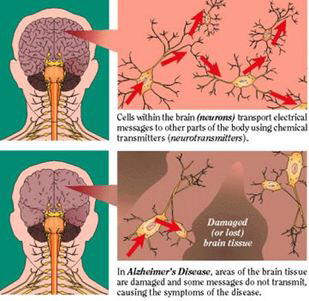


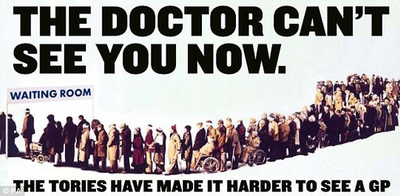
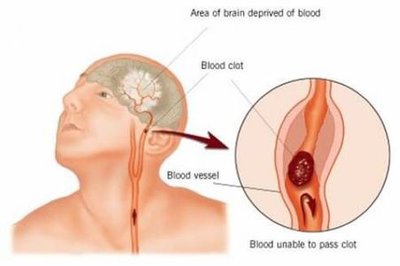
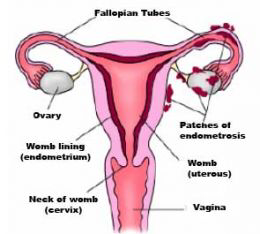
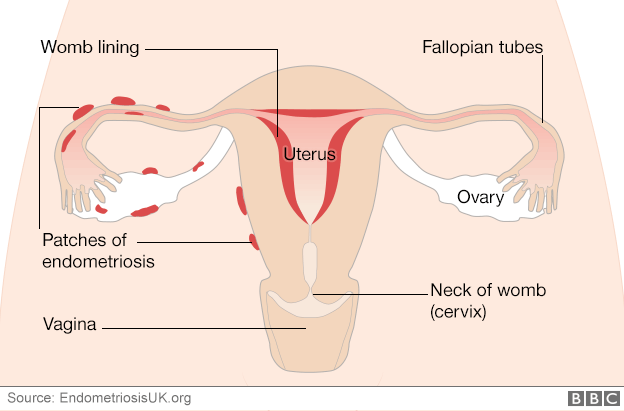
 RSS Feed
RSS Feed




